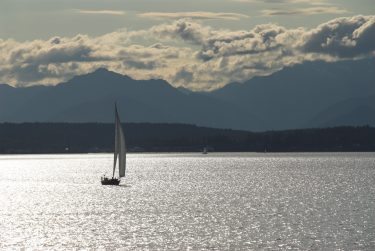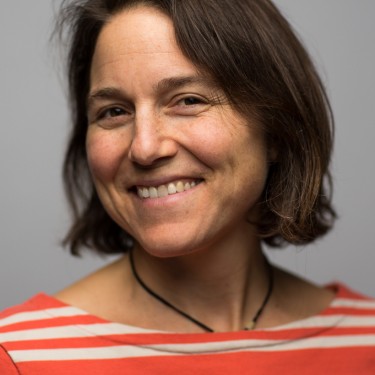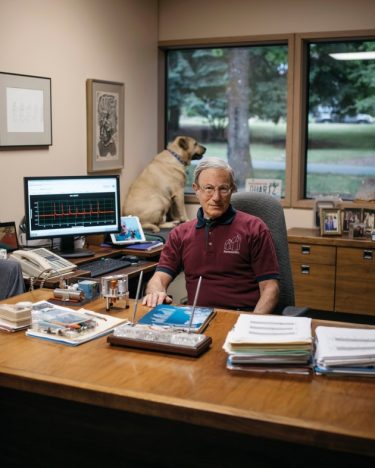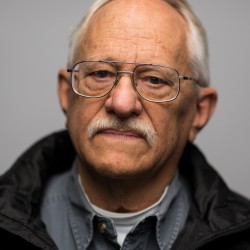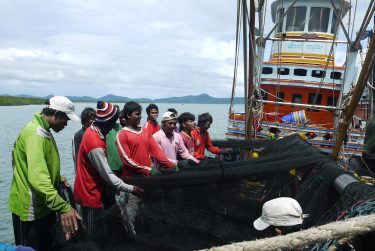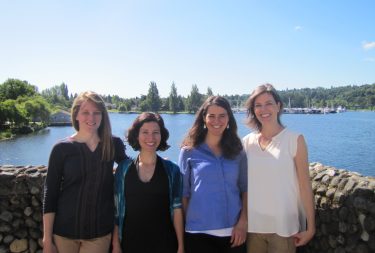
In 2015, a harmful algal bloom damaged ecosystems, communities and economies across the U.S. West Coast. Climate change makes recurrent events likely, but there’s little assurance that public policy will better support communities and the environment next time.
Seeking to protect coastal communities from these devastating impacts, a team of UW students authored a policy case for lawmakers. Their case won the first-ever APRU-New York Times Asia-Pacific Case Competition, besting entries from 31 universities across the Americas, Asia and Australasia. The submissions were judged by university leaders and staff from The New York Times newsroom. The UW group’s winning entry will be published in the international edition of The New York Times in the coming weeks.
The winning graduate students — Kate Crosman, Leah Johnson, Eleni Petrou, and Hillary Scannell — are from units across the College of the Environment and the Evans School of Public Policy and Governance.
Read more at UW Today »



